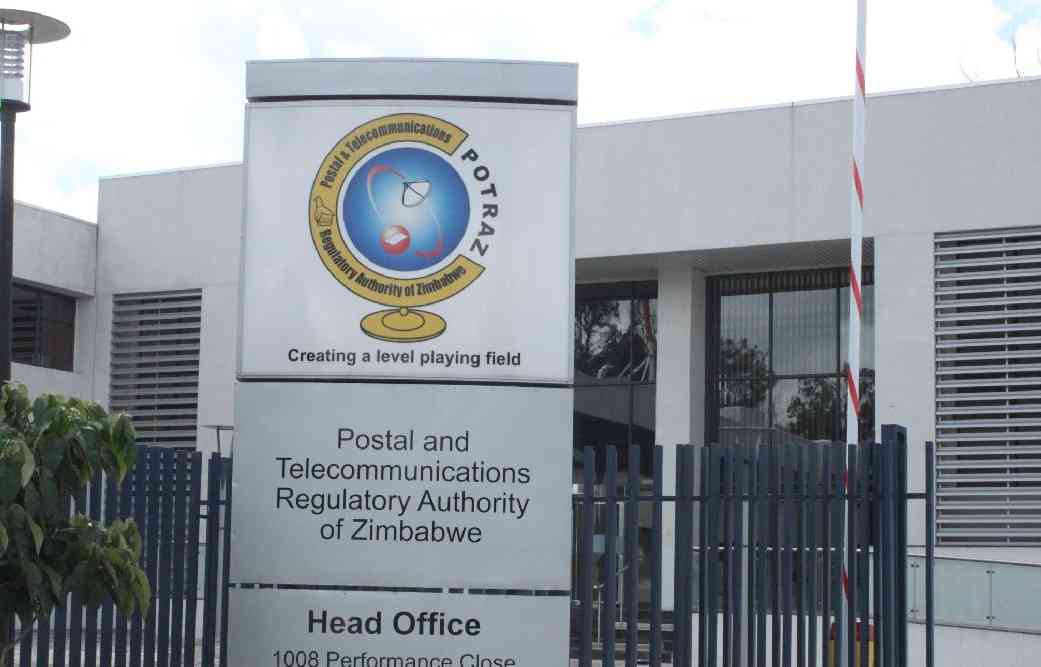
The Postal and Telecommunications Regulatory Authority of Zimbabwe (Potraz) has raised concerns that escalating power outages could significantly disrupt the country’s telecommunications industry, worsening existing energy challenges and negatively impacting service delivery.
Zimbabwe is currently grappling with aggressive load shedding, in some parts of the country lasting up to 16 hours daily, primarily due to the El Niño-induced drought, which has caused critically low water levels at Kariba Dam, the country’s primary source of hydroelectric power.
In its Postal and Telecommunications Sector Abridged Performance Report for the second quarter of 2024, Potraz said although telecom companies are actively investing in high-speed broadband infrastructure, persistent grid power shortages are undermining the efforts.
“The sector may suffer negatively from the ongoing power cuts experienced in the country,” Potraz warned. “Incessant power cuts disrupt service quality for telecom operators, who rely heavily on grid-supplied electricity.”This warning comes amid the government's introduction of stringent penalties targeting telecom operators that fail to meet quality standards, part of an effort to address service quality issues. Under the new regulatory framework, operators face fines of up to US$5 000 for failing to comply with key performance indicators, such as call quality, data service performance, SMS delivery, and network uptime. Additionally, each cell tower that falls short of these benchmarks could result in a $200 fine, with penalties escalating for network outages and failure to submit performance data.The penalties are part of a broader government initiative aimed at improving the telecommunications sector, which plays a vital role in Zimbabwe's economy but faces a number of challenges. The sector is highly competitive, with major operators offering services ranging from voice and data to cloud solutions and cybersecurity. However, due to macroeconomic environmental challenges – such as forex shortages, legacy debt and local currency depreciation – many have struggled to maintain viability, let alone maintain good service quality. A major mobile operator recently reported liabilities exceeding assets by ZWL$32 billion, while onother operator has been reported technically insolvent.To ensure network reliability, the government has set specific benchmarks for telecom operators. These include a minimum Data Service Access Success Rate (DSASR) of 95% and a Data Service Drop Rate (DSDR) below 2%. Additionally, 4G networks must offer downlink speeds of at least 5 Mbps and uplink speeds of 1 Mbps. Telecom providers failing to meet these standards for three consecutive months will be liable to a fine.










